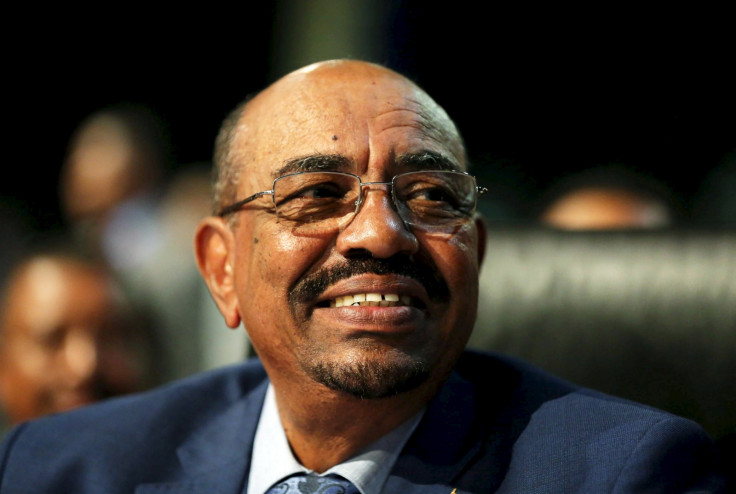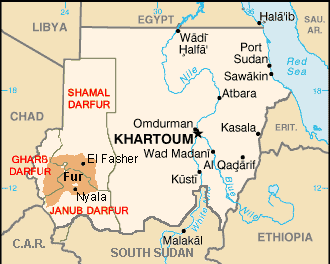South Africa: 'Disgraceful' government conduct allowed Omar al-Bashir to escape genocide trial

The South African Supreme Court of Appeal (SCA) has upheld a High Court ruling that the government should have arrested Sudan's President Omar al-Bashir while he was in the country in June 2015. It maintained that not arresting Bashir was a failure to meet its constitutional duties.
Bashir, who was in South Africa for an African Union summit, is wanted by the International Criminal Court (ICC) for alleged crimes including genocide committed during the Darfur conflict in 2003. Bashir has always rejected the charges and refuses to stand trial as his country does not recognise the ICC's jurisdiction.
South African authorities did not arrest Bashir, claiming the leader as a sitting head of state was protected by diplomatic immunity. Bashir left South Africa hours before the country's High Court issued an emergency order for his arrest.
The High Court later ruled that the failure to arrest the leader was unconstitutional. The government tried to appeal against the ruling, which has now been upheld by the SCA who defined the government's conduct as "disgraceful".
The South African Litigation Centre (SALC) welcomed the court ruling and explained that South Africa is signatory of the Rome Statute and the ICC Act of 2002 and it is obliged to arrest Bashir and extradite him to the ICC should he come back to the country. The South African government has not announced whether it is going to appeal against the ruling.

Darfur conflict
The war in Darfur started in February 2003 when the Sudan Liberation Movement/Army (SLM/A) and Justice and Equality Movement (JEM) rebel groups attacked the Sudanese government. The government, accused of marginalising the non-Arab population in Darfur, retaliated by carrying out ethnic cleansing of non-Arabs.
Tens of thousands were killed during the genocide. A ceasefire was signed seven years later, in February 2010. However, reports have warned that people are still being tortured, raped, persecuted and killed.
In March 2014, a report by the UN Office for the Coordination of Humanitarian Affairs (OCHA) said 55,000 people had been displaced from Saraf Omra, West Darfur, following fighting between "paramilitary troops and government forces". More than 50 villages were burned and 45,000 people displaced around Darfur. Russia and China were accused by Amnesty International of supplying arms to Sudan and therefore contributing to the massacre.
Read more about Darfur.
© Copyright IBTimes 2025. All rights reserved.






















